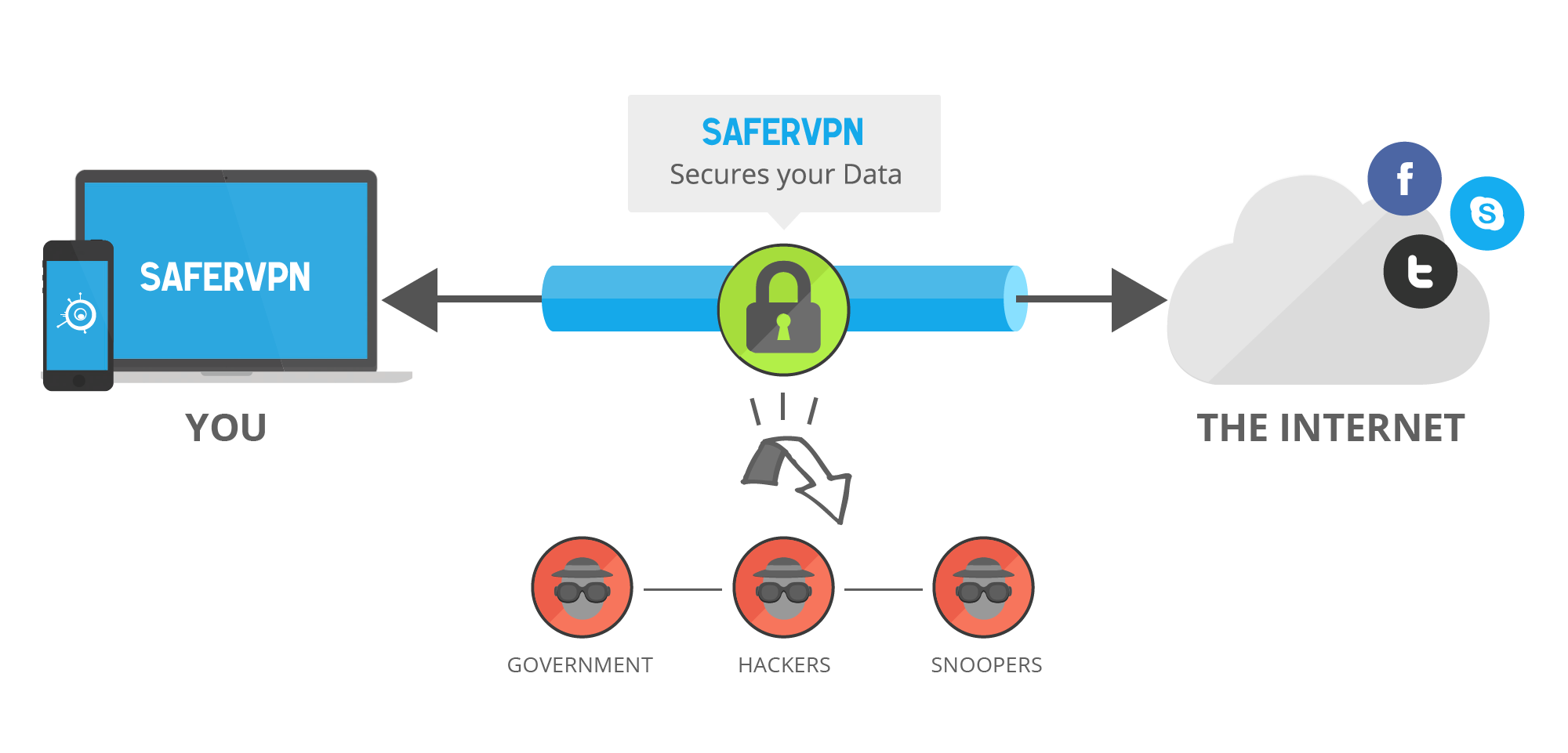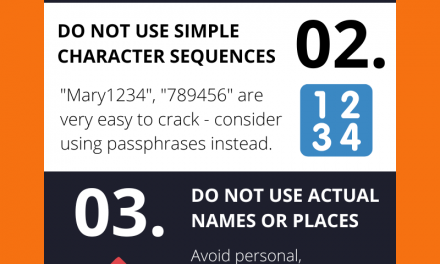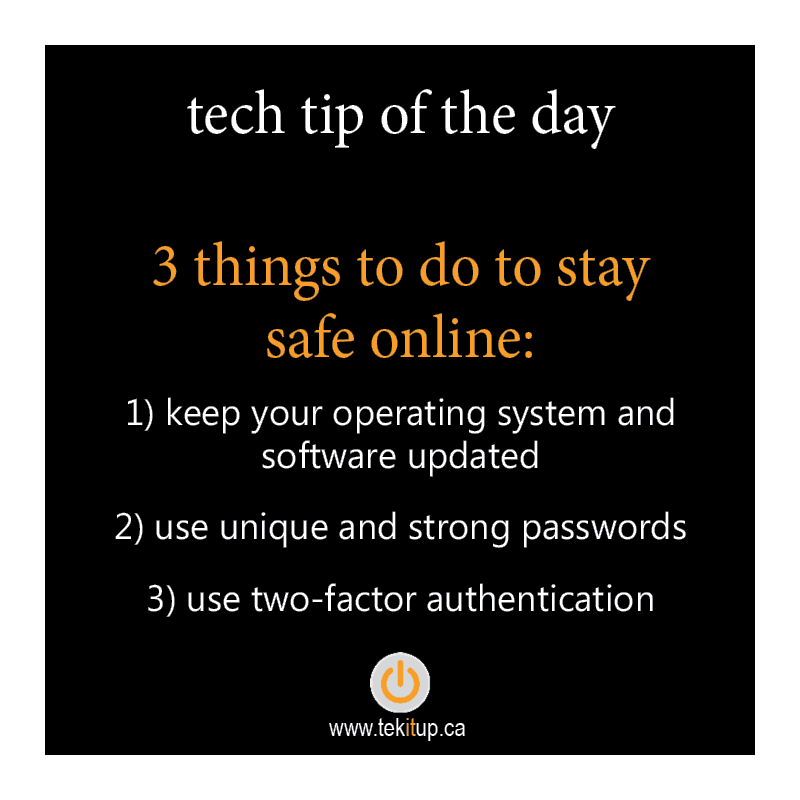Top 20 false beliefs users hold about IT professionals
1. Users expect IT professionals to drop everything and fix an issue immediately, regardless of how important the request is.
Your relatively insignificant issue probably isn’t the most important thing IT needs to focus on right now. Often they’re working on higher-priority problems.
2. Users expect IT professionals to know everything about technology, as if they have infinite knowledge.
IT pros are great at problem-solving, but getting to the bottom of an issue is a process that involves research; trial and error to rule out potential causes; and often, good old-fashioned Googling.
3. Users expect IT pros to fix personal computers free of charge.
IT professionals get paid to do work in the office, but what they do after hours is their own business. It’s weird to ask them to do work for free. You wouldn’t expect a mechanic to fix your car for free, or an accountant to do your taxes for you.
4. Users expect IT pros to understand every feature of every software application ever written.
It’s not reasonable to expect someone to know everything about obscure products they’ve never used before. Sometimes IT will need to do some research before they can help you out, or you can just read the manual and figure it out yourself.
5. Users think that any member of the IT department can fix anything with a plug on the end of it.
IT professionals maintain computer and network infrastructure. Not fridges, toasters, or air conditioners. You call someone else for that. And often IT pros specialize in a specific area. You shouldn’t expect a database or security expert to know how to repair a printer.
6. Users think that if an IT pro is sitting at their desk, they aren’t doing anything.
The fact that an IT pro isn’t running around the office doesn’t mean they’re free. Perhaps they’re in the middle of solving a complex issue, or using remote software to examine someone’s computer. Don’t take their presence as an invitation to ambush them with whatever questions you might have. It’s best to submit a trouble ticket, or send an email. The appropriate person in IT will get to you when they have time.
7. Users think that replacing toner cartridges is an IT job function. (It’s not always the case).
Here’s a pro tip: IT professionals are not your full-service people in waiting. They’re not going do everything for you if it’s easy enough for someone else to do on their own. According to IT pros, sometimes IT departments might just give out new toner cartridges.
8. Users think IT pros know everyone’s password.
While the IT department can typically reset your password, for security reasons this information is encrypted. So if you forgot your password, don’t expect IT to be able to tell you what your password is. You wouldn’t want anyone to be able to look up your passwords anyway.
9. Users think IT magically knows what every error message means, and they can fix it with as little info as, “I got an error message, but I didn’t read it.”
To get to the bottom of an issue, IT pros need to be able to understand exactly what’s wrong first. If you don’t provide them with any details, it’s going to be very difficult for them to help you.
10. Users sometimes think when things magically work, you “did something behind the scenes.”
Sometimes issues just work themselves out, or weren’t a problem to begin with (working as designed!).
11. Users sometimes think if enough people call and report the same problem over and over, it will get fixed quicker.
If an important IT service like Wi-Fi is down in a large office, in all likelihood the IT department heard about it about 30 seconds after it happened. If you keep interrupting the IT department from their work, your probably delaying them from fixing the actual issue.
12. Users may mistakenly believe changes IT made months ago caused a problem, not the “free” software they just installed.
For every weird issue you might experience on your computer, there’s an underlying cause. If you’re seeing a problem pop just now, it’s very likely that something changed recently.
13. Some businesses believe IT does not need to be consulted when buying software. But then they expect IT to install and support it as if they researched, recommended, and received training on it.
IT professionals should be involved when a business makes major technology purchases. They can help decision-makers consider if the product does what it claims, if it makes financial sense to use the product, and if the product is secure. By including IT in the process, you help ensure that you’re making a good decision … and not throwing money away. And you should always make sure IT is equipped actually to support the product as well.
14. Some users think IT is there to format their PowerPoint presentations, or make their Word documents look professional.
The primary goal of an IT department is to manage and maintain a business’ computer infrastructure, not do your job for you.
15. Some users think IT knows all the functions of the phone system.
Don’t expect IT professionals to know about every obscure feature on every single product.
16. Some users think e-mails from IT are unimportant.
Some people don’t read the helpful tips and reminders IT sends out. Then they complain that IT never told them about the big update, a server reboot, planned downtime, security alert, or even something as simple as how to schedule use of a conference room.
17. Some users think rebooting a computer is a stupid advice, and it doesn’t fix anything.
If you haven’t learned by now, “turning it off and on again” really does fix many issues! Think of it as giving your computer a chance to start fresh. If an IT pro asks you to try rebooting your computer, do it. And don’t lie about doing it because you think it’s a waste of time.
18. Some people think all IT workers are geeks.
IT professionals don’t necessarily fit a standard stereotype. They come from all walks of life, and they have unique interests and personalities. You shouldn’t assume too much about someone just because they work in IT.
19. Some people think IT runs the internet.
The internet is a complex network of interconnected computers spanning the entire globe. While your IT department has control of the computer network in your office, if there’s an internet connectivity problem, it might be due to a problem hundreds of miles away that’s out of IT’s hands.
20. Some users think saying “ASAP” makes things get done faster.
IT professionals are busy spinning many plates. They have to prioritize what to work on next based on how important an issue is. Just because you say you need something done ASAP doesn’t mean that it’s the most important thing the company needs fixed at the moment. Please be patient!
Source: https://www.facebook.com/groups/3227683947257367/?hoisted_section_header_type=recently_seen&multi_permalinks=7146965015329221











